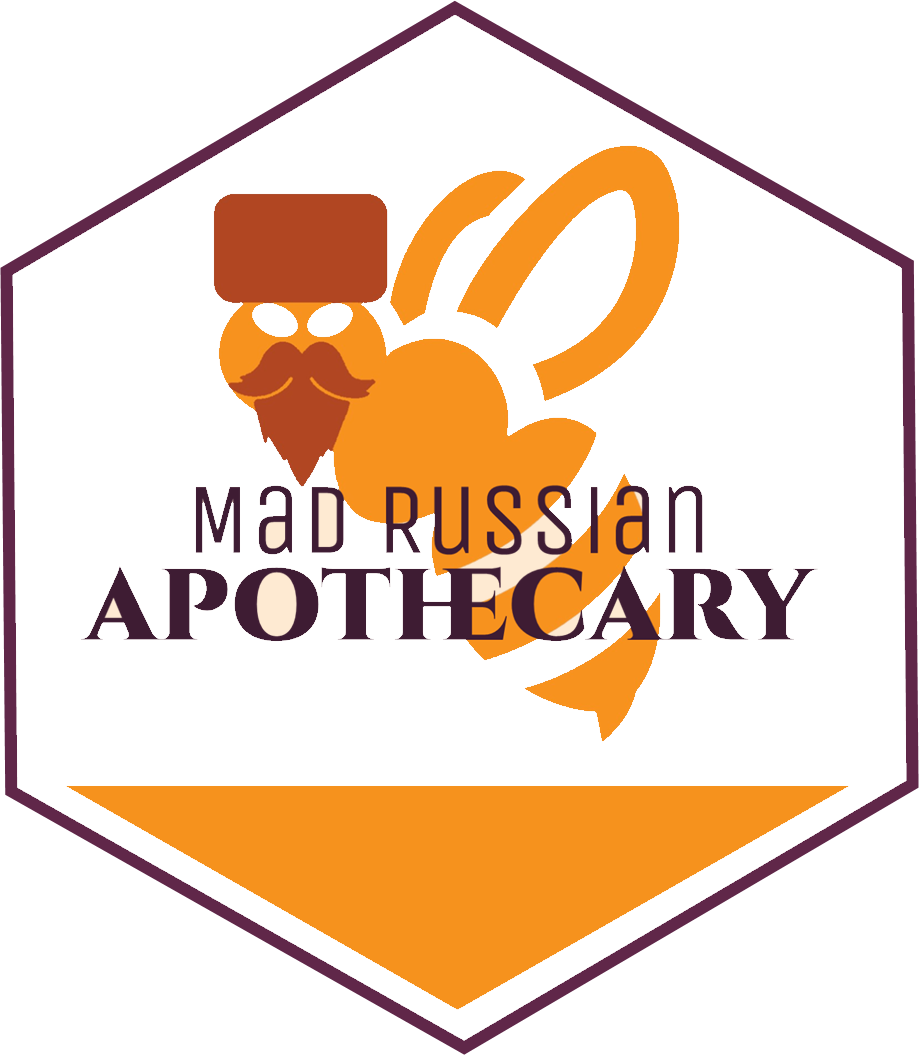Honey is Here!
Springtime on the homestead – or the little patch of land that we call our homestead – is here, and with it comes the awakening of the plants, flowers, and … bees! They say you’re not really a beekeeper until your bees survive the winter, and we are stoked to announce that our 4 little queendoms did, in fact, survive those weeks of bitter cold, the drifts of snow, and the overall miasma that winter can be in New Hampshire.
In fact, the bees didn’t eat all of the honey we left for them over the winter, and we’ve been able to harvest some for our own consumption.
Before we get to that, though, a moment about philosophy. When we got the hives, Alex and I agreed on one big statement: Bees are gunna bee. We set the hives up fairly, tend them for mites to keep them healthy, and take great pleasure in checking on them and making sure everything is going well – but for the most part we let them, well, be. These little pollinators have existed in nature without human intervention for a lot longer than us, and they’ll hopefully be around long after we’re gone. They might need a little help every now and then – we definitely wrap them up during the winter and gave them some bee feed during their first spring drought, and we plan to take a little honey as rent. We do not destroy their honeycomb for profit, we do not stress them out to make more propolis, and we definitely do not make them lazy by overfeeding them sugar.
We have the same philosophy with the honey – which is a precious resource for not only naturally sweetening things but also for medicinal purposes. Our honey is 100% natural; our bees live in suburban hives that feast on and harvest pollen from the flowers on shopfronts in our town of Derry and little garden patches of the surrounding homes. They have woods to comb for flowering plants, and they have nearby apple and peach orchards for abundance. This has created beautiful, rich honey that we filter only to remove little bee parts (they died of natural causes, not by our hand) and wax. There is no heat involved, and the resulting honey is completely raw, unprocessed, and Grade A.
So the big question is: What’s it taste like? To my palette, it’s a damn treat. Deep but not dense, with fruity notes that cover the ripeness scale from not-quite-yet to luscious, with a subtle floral backend. For nearly everyone else, it tastes like HONEY. Pure, gorgeous, sweet, and thick honey. It’s not thin, it’s not tart, and it’s not sickeningly sweet.
Keep an eye out for the honey to be available soon, as our apiary grows from 4 to 8 hives, we will definitely have honey available for purchase on the website! Do you need some right now? We have 8 oz and 16 oz bottles available (if I do not put them in ALL OF THE TEA first). Get in touch with DMs on our Insta and Facebook, or email us at madrussianapothecary@gmail.com.
